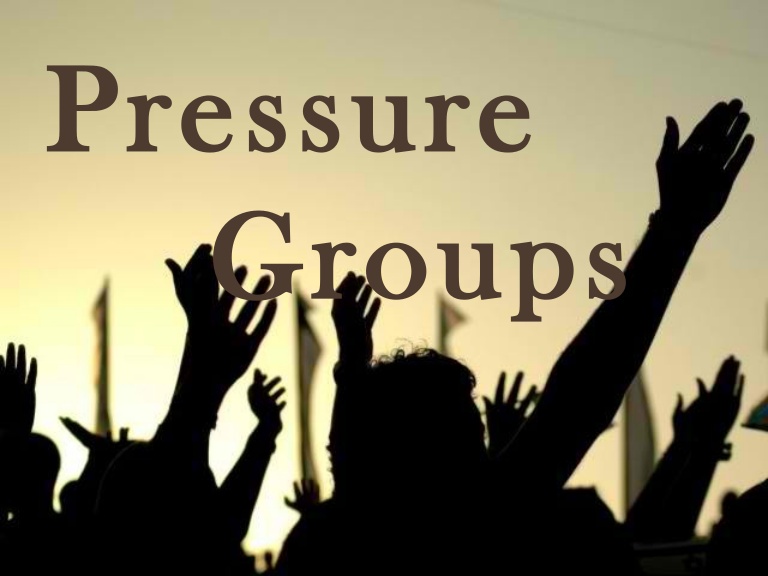Major Functions of Pressure Groups: Top 8
The primary roles and major functions of pressure groups in Nigeria can never be underestimated. We have outlined some of their functions which are:

1. Pressure groups try to make the government more attentive to the needs of the people. This is because as groups with many members sometimes nationally spread, they command more respect than individuals who may be fighting for similar causes.
2. Pressure groups provide specialised and expert information to the government on their interests and explain government policies to their members and the general public. Thus they are an important link between the government and the people.
3. They help to educate their members and the whole society on their fundamental human and political rights, and on some government policies.
4. The political education and consciousness of citizens are promoted through the activities of pressure groups.
5. They promote economic stability of the country through their useful advice to government on economic policies. Example is the Nigerian Association of Chambers of Commerce, Industry, Mines and Agriculture (NACCIMA).
6. They promote certain general welfare services. For example, human rights groups like the Civil Liberties Organisation (CLO) offer free legal services in court, especially on cases bordering on the exercise of fundamental human rights.
7. Pressure groups help to integrate the differing interests of various groups in the society into a manageable whole. With this, the government’s attention to these needs will be more focused and effectively addressed.
8. They promote and protect the interest of their members. For example the Academic Staff Union of Universities (ASSU) got a special salary scale approved for its members.
